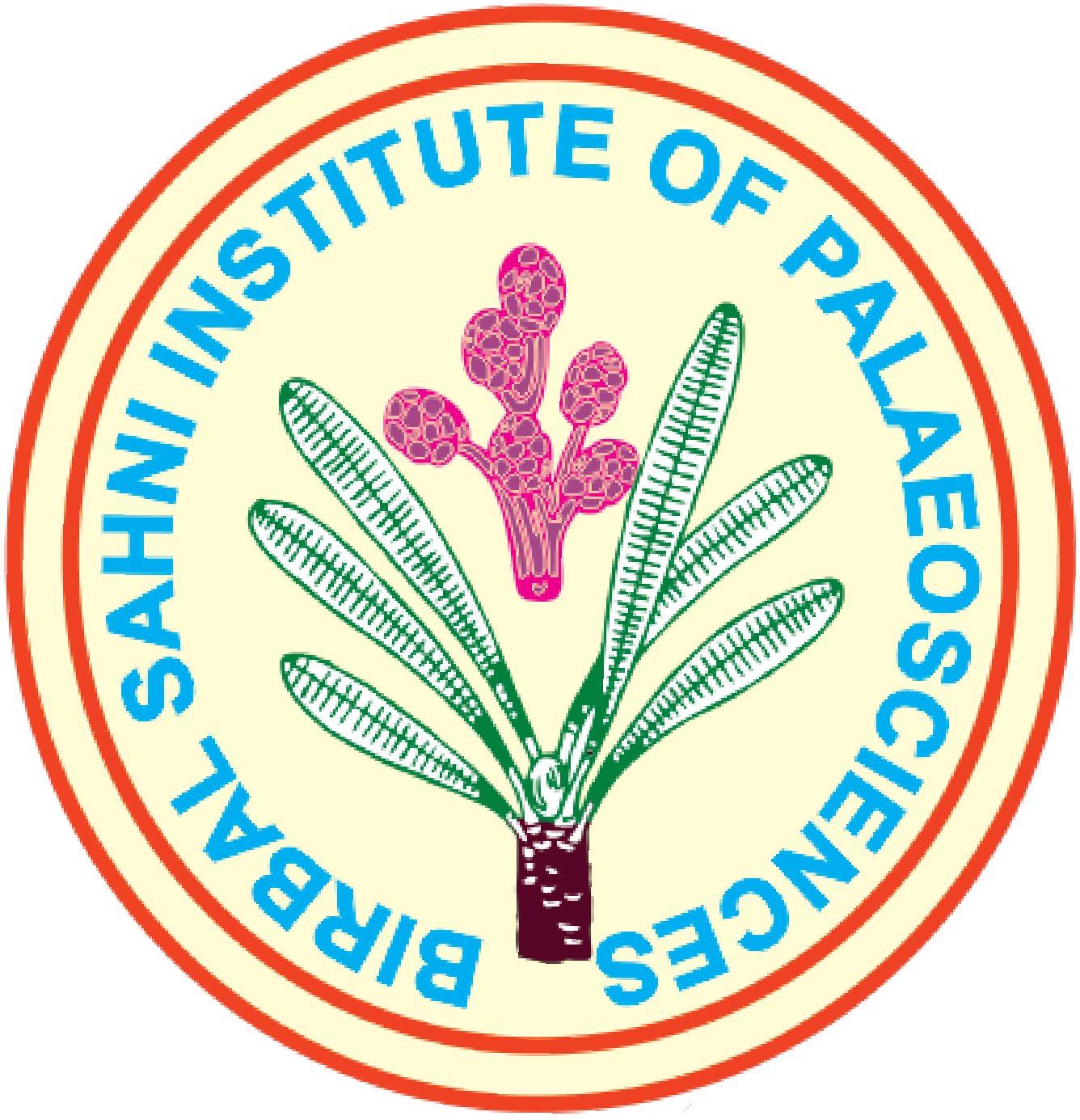Palynology of Bijori formation (Upper Permian) in Satpura Gondwana Basin, India
DOI:
https://doi.org/10.54991/jop.1976.997Abstract
Bijori Formation, generally equated to the Raniganj Formation (Upper Permian) of Damodar Basin, contains a striated-disaecate dominant mioflora with abundantly represented Densipollenites and Corisaccites-Guttulapollenites and also some other miospores indicating a Permo-Triassic affinity. In the Lower Gondwana deposits of Indian Peninsula, Densipollenites-rich assemblages are characteristic of the coal-less facies towards the close of Raniganj Formation (Upper Permian). but in Satpura Basin comparable mioflora with some definite younger elements seems to exhibit Lower Triassic influence in the Upper Bijoris. By the discovery of this mioflora. the presence of a distinctive assemblage having a Lower Panchet affinity is indicated towards the top of Bijori Formation. There is, Obviously, a big scope for similar studies in the whole of Satpura Basin.
Downloads
Metrics
References
Balme BE 1970. Palynology of Permian and Triassic strata in the Salt Range and Surgar Range, West Pakistan. Stratigr. Bound. Probl. Perm. Triass. W. Pakistan Univ. Kansas Dept. Geol. Sp. Publ., 4: 305-453.
Bharadwaj DC, Tiwari RS & Anand-Prakash (Ms.). Permian-Triassic palynostratigraphy in Damodar Basin, India. The Palaeobotanist
Benerji J & Mahaeshwari HK 1974a. Palynology of the Panchet Group exposed in the Nonia Nala, ner Asansol, West Bengal. The Palaeobotanist 21(3): 368-372. https://doi.org/10.54991/jop.1972.1500
Banerji J & Maheshwari HK 1974b. Palynomorphs of the Panchet group exposed in Sukri River, Auranga Coalfield, Bihar. The Palaeobotanist 22(2): 158-170. https://doi.org/10.54991/jop.1973.936
Crookshank H 1936. The geology of northern slope of the Satpura between the Morand and Sher rivers. Mem. geol. Surv. India, 66: 217-218.
Goubin N 1965. Description et repartition des principaux pollenites Permians, Triasiques et Jurassicques des Sandages du Bassin de Morondava (Medagascar). Ann. Combust. Liquid, 20: 1415-1461.
Kar RK 1970a. Sporae dispersae from Panchet (Lower Triassic) in the bore-core No. Re-9, Raniganj Coalfields, West Bengal. The Palaeobotanist 18(1): 50-62. https://doi.org/10.54991/jop.1969.818
Kar RK 1970b. Palynological distinction between Upper Permian and Lower Triassic in Raniganj Coalfield, Bengal, India. The Palaeobotanist 18(2): 118-126. https://doi.org/10.54991/jop.1969.825
Maheshwari HK 1967. Note on a miospore assemblage from Gopat River Valley, M.P. Curr. Sci., 36(7): 181.
Sarbadhikari TR 1972. Gondwana miospores from a Bore hole in the Ranganj coalfield, India. Bull. geol. min. metal. Soc. India, 45: 1-26.
Shrivastava RN & Pawde MB 1962. Palynological study of Bore hole R.O. 1(B), Ondal, West Bengal. Rec. geol. Surv. Inda, 91(2): 369-384.
Tiwari RS 1976. Palynological succession through Raniganj Formation (Upper Permian) Raniganj Coalfield, India. The Palaeobotanist 23: 16-24. https://doi.org/10.54991/jop.1974.945
Downloads
Published
How to Cite
Issue
Section
License

This work is licensed under a Creative Commons Attribution-NonCommercial 4.0 International License.









